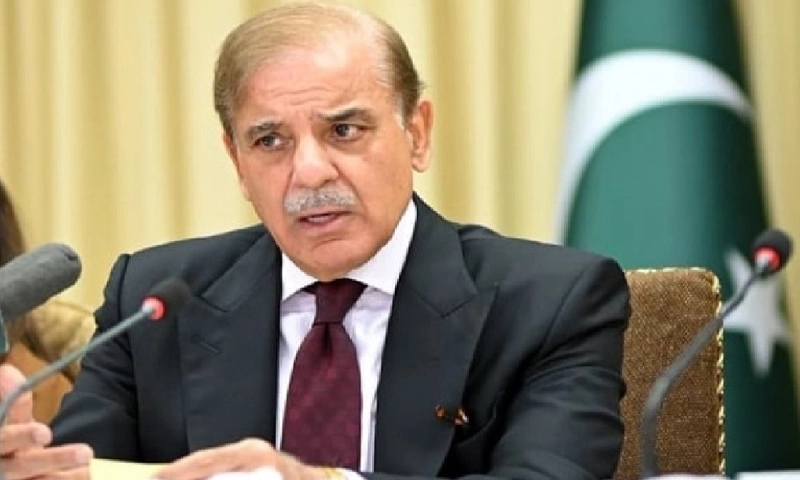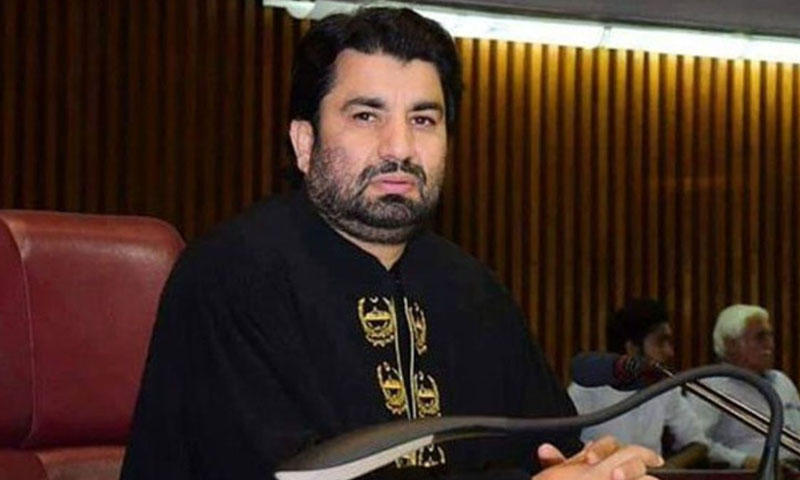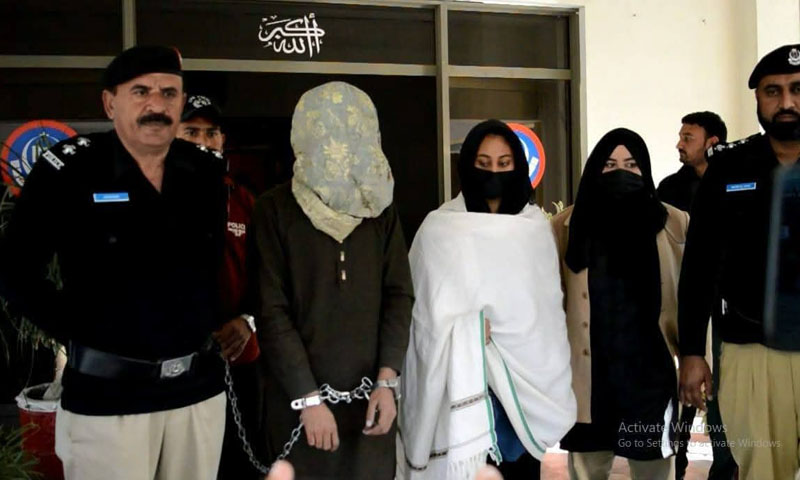- Web Desk
- Feb 09, 2026
PM announces Rs4bn for restoration of flood-hit G-B infrastructure
-

- Web Desk
- Aug 04, 2025

GILGIT: Prime Minister Shehbaz Sharif has announced a Rs4 billion package for the restoration of infrastructure damaged by recent floods in Gilgit-Baltistan.
He also unveiled plans for a 100-megawatt solar power project and laid the foundation for a Danish School to support underprivileged children in the region.
The announcements were made on Monday during a ceremony to distribute relief cheques among victims of heavy rains and flash floods. Families of the deceased received compensation cheques of Rs1 million each, while those injured were given Rs500,000.
Sharif said cloudbursts during the monsoon triggered devastating floods that caused deaths, destroyed homes, and inflicted widespread damage. He expressed solidarity with the people of Gilgit-Baltistan and pledged continued visits until full rehabilitation of affected families is achieved.
He noted that Pakistan is among the top 10 countries most vulnerable to climate-induced disasters. “If we do not prepare in time, no amount of effort will be enough during a crisis,” he said, stressing the urgent need for an effective early warning system.
Also read: G-B CM appeals to Prince Rahim Aga Khan for flood relief support
Sharif criticised the lack of progress on a system that has existed “only on paper” for seven years, calling for its immediate implementation.
Comparing past and present relief measures, the prime minister recalled the 2022 disaster, when families received Rs200,000 in aid. He said the current package had been significantly enhanced: Rs1 million for the families of the deceased, Rs500,000 for the seriously injured, Rs200,000 for minor injuries, and Rs500,000 for home reconstruction.
He urged the Gilgit-Baltistan government to contribute its share to the relief efforts.
Sharif said the Ministry of Communications was actively working on road repairs, while the solar energy project, expected to be completed this year, would help address severe winter power shortages in the region.
He said the proposed Danish School would offer quality education on merit to children from low-income families, adding that investment in education was “not an expense but a vital commitment to Pakistan’s future.”
The prime minister also announced the formation of a committee to address regional issues. It will include Federal Minister for Kashmir and GB Affairs Amir Muqam and the PM’s Adviser on Inter-Provincial Coordination Rana Sanaullah, and will consult with the GB governor and chief minister.
Earlier, Sharif visited flood-hit areas to assess damage and directed relevant authorities to enhance disaster response and infrastructure resilience.
Chairing a meeting to review losses caused by rains and cloudbursts in Diamer and nearby areas, he noted the disaster had resulted in extensive destruction and several fatalities. He offered prayers for the deceased and wished a speedy recovery for the injured.
Sharif reiterated Pakistan’s negligible contribution to global carbon emissions, yet its high vulnerability to climate change. “Despite Pakistan’s near-zero emissions, we suffer massive devastation every year due to global warming,” he said.
He directed authorities to ensure active participation in global climate conferences and to seek international funding for building climate-resilient infrastructure.
The prime minister also highlighted visible climate impacts in Gilgit-Baltistan, Azad Jammu and Kashmir, and other regions, underscoring the role of the Ministry of Climate Change in tackling the crisis.
Earlier, he met GB Chief Minister Gulbar Khan to discuss post-flood developments, rescue and relief operations, law and order, and the progress of ongoing development projects.
The chief minister praised the decision to establish Danish Schools in the region and briefed the prime minister on the government’s response to the flood emergency.




